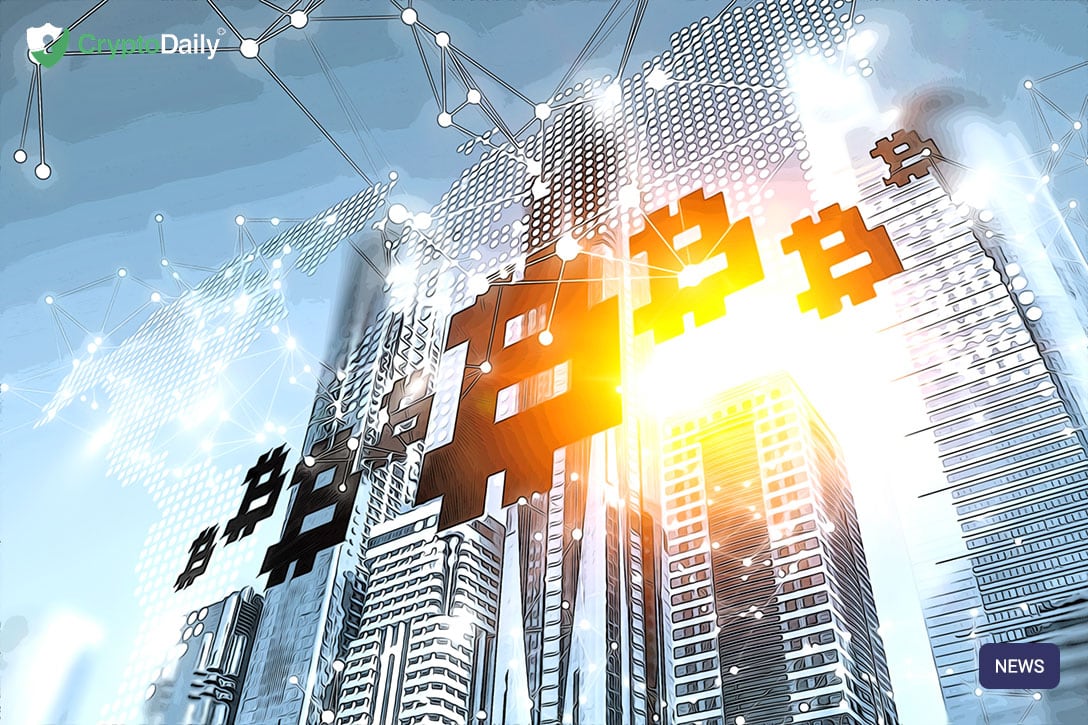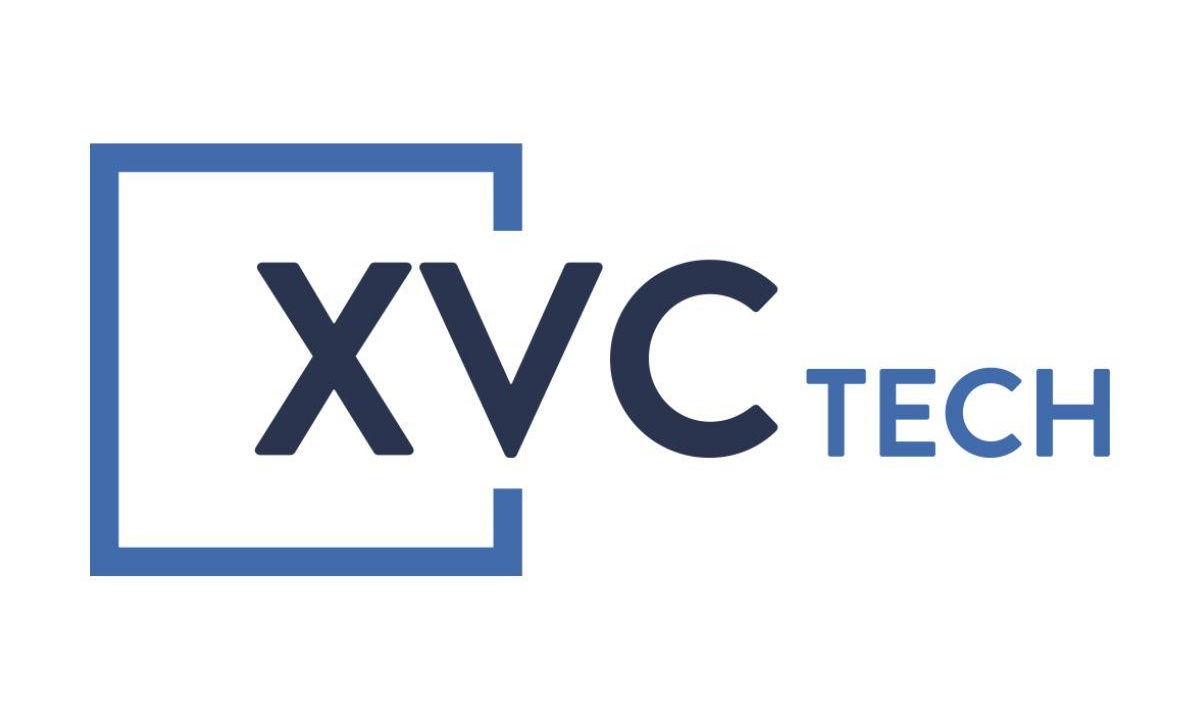Table of Contents
- Dutch Standardization Institute adopts Blockchain
- Blockchain is also subject to standardization
- Here’s why Standards certificates are a big deal
Blockchain technology might sound like the biggest tech buzzword of the decade, but it already has practical applications beyond cryptocurrencies in The Netherlands.
It is practically impossible to attend any tech conference without enduring a keynote, panel session, or side event on Blockchain. However, despite all the buzz about the disruptive potential of Blockchain technology over the last 10 years, it has largely struggled to unlock mass-market adoption.
In fact; cryptocurrency, the most popular application of Blockchain is still a subject of either outright consternation or cautious exploration by many regulators and governments all over the world. Of course, several cryptocurrencies are designed as tokens representing the unit of account for some Blockchains projects. Nonetheless, cryptocurrencies have mostly been branded as digital assets for speculative trades and investments.
Therefore, it is incredibly refreshing to get wind of Blockchain projects with practical applications for solving real-world problems without the attendant complication of cryptocurrencies. Dutch blockchain platform, LTO Network is facilitating the adoption of Blockchain technology with enterprise and government clients by solving real world problems with its simplified, scalable and GDPR compliant hybrid Blockchain infrastructure.
Dutch Standardization Institute adopts Blockchain
Last week, NEN, the Dutch Standardization Institute revealed that it is launching a new solution in collaboration with LTO Network to store standardization certificates on LTO’s blockchain to facilitate instant verification of the certificates for all relevant stakeholders.
In the Netherlands (as the case is in many parts of the world), standardization certificates are usually registered in a centralized system owned and controlled by a standardization agency. This system is often well protected in many countries, but they are often difficult to access and the fact that they serve as a single source of truth makes them potentially vulnerable to security breaches.
In some other jurisdictions, the databases storing such sensitive standardization data are not protected with industry best practices; hence, multiple products or organizations can inadvertently or maliciously share standardization certificates or even end up with unverifiable certificates.
By leveraging LTO Network’s Blockchain, NEN has set the pace for other standardization agencies around the world to store standardization certificates on the Blockchain in a decentralized manner.
LTO’s solution assigns a smart QR code to every certificate and the smart QR code is stored on the blockchain. Stakeholders can then access the QR codes to confirm the validity of any certificate issued by NEN. This guarantees authenticity, which can easily be verified by the users themselves.
In addition, the QR codes are smart and changes to the certificates will be automatically updated on the QR codes, which are then re-hashed on the Blockchain to keep the latest version of truth.
In the words of Harmen Willemse, a Senior Consultant at NEN "Innovation is of paramount importance to NEN. This project shows that we are constantly working to improve our services with regard to the application of standards, so as to remain relevant".
Blockchain is also subject to standardization
Interestingly, Blockchain technology itself is still a long way off from standardization as it is to be expected of a disruptive technology that is barely 10 years old. For instance, there are more than 2,300 cryptocurrencies in the market; a handful of them are fundamentally unique but most of them are variants of the same idea. Nevertheless, the standardization of Blockchain protocols to facilitate their faster application in enterprise and government activities might happen rather sooner than anticipated.
The International Organization for Standardization (ISO), which develops and publishes International Standards says the first standards for Blockchain technology will be released in the next 18 months. The Blockchain and DLT standardization drive is being championed by ISO/TC 307, a committee within the ISO, which has already hinted that it might first release a technical report on Smart Contracts within the next 12 months.
In another development, OMG, a computer industry standards consortium that creates enterprise integration standards for various technologies has revealed that it is in the process of developing standards for IOTA’s Tangle as a precursor to IOTA getting ISO accreditation.
Here’s why Standards certificates are a big deal
Standards certificates occupy an important socio-economic position by the virtue of their influence on businesses, consumers and regulators. Standardization can be a strategic tool for businesses to improve operational efficiency, satisfy customers, and access new markets. Regulators leverage standardization to level the playing field in commerce and to reduce the barriers to international trade. Consumers can rely on standardization certificates for the assurance of quality, safety, and value for money spent on products or services.
Investment Disclaimer








